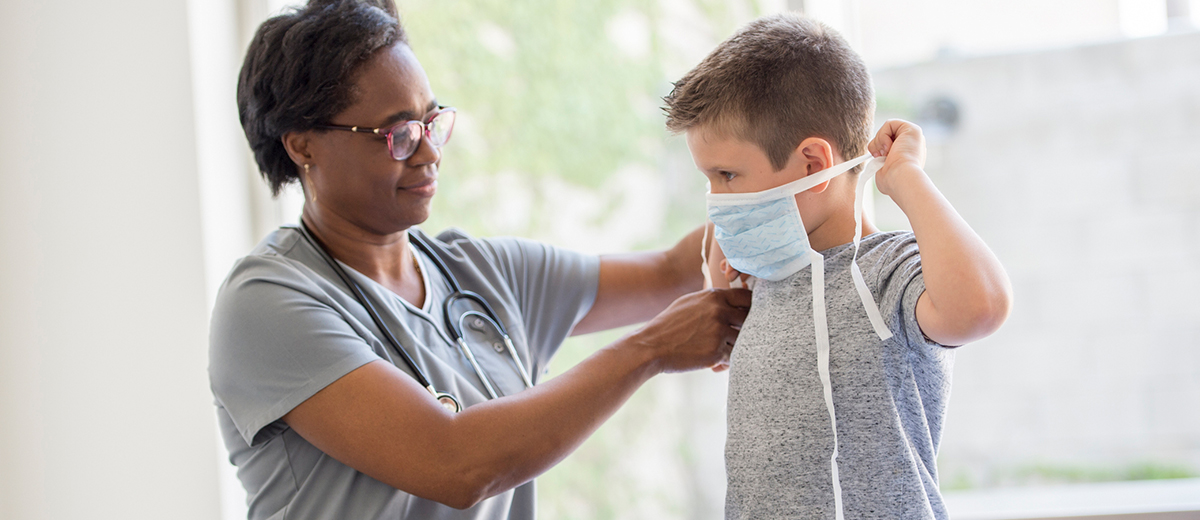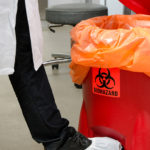When the flu is spreading around the school or among your family, what steps do you take to prevent getting sick? We all know that getting vaccines, taking antiviral medications, frequently washing your hands and avoiding contact with people who are sick (as much as possible) are effective ways in preventing the transmission of illnesses. But another effective method, especially in the early stages of an outbreak, is using face masks and respirators.
Face masks and respirators are particularly effective in preventing droplet transmission (i.e. the spread of illness through sneezing, coughing, etc.). And the research proves it:
- A 2008 study published in the International Journal of Infectious Diseasesconcluded that when used correctly, masks are highly effective in preventing the spread of viral infections. Family members of children with flu-like illnesses who used the masks properly were 80% less likely to be diagnosed with the illness.
- Another study published in the Annals of Internal Medicinereported similar results. Researchers looked at 400 people who had the flu. They found that family members reduced their risk of getting the flu by 70% when they washed their hands often and wore masks.
- The Centers for Disease Control (CDC) even revised its guidelines for flu prevention to include face masks and respirators in 2010.
Face masks and respirators are similar, but their features have a few variances:
Face Masks prevent body fluid droplets that contain viruses from escaping the nose and mouth and are:
- Able to filter large airborne particles
- Disposable
- Loose fitting
- Used by doctors and nurses while treating patients
According to the United Federation of Teachers, students who complain of fever, cough or sore throat should be asked to wear a face mask. While they are being evaluated (or waiting to be evaluated) by the school nurse and while they are still in the school before being taken home, it helps keep their virus contained and reduces the risk of other students becoming ill.
Respirators, also called N95 respirator masks, protect you from particles in the air that may contain viruses and are:
- Able to filter 95% of airborne particles (both large and small)
- Designed to form a perfect seal on your face so nothing can get through
- Reusable
- Certified by the CDC and the National Institute for Occupational Safety and Health
Due to their features, respirators are generally known to be more effective than face masks. However, both can go a long way in preventing the spread of an illness. We recommend that school nurses with a high volume of students with flu-like symptoms wear a N95 disposable respirator. Any time a nurse cleans an infected area, takes a temperature, provides direct care or is within three feet of a student with a fever, cough or sore throat, a respirator should be worn.
You can shop MacGill’s selection of face masks and N95 Respirator Masks by clicking here. If you have any questions, please don’t hesitate to contact us.





